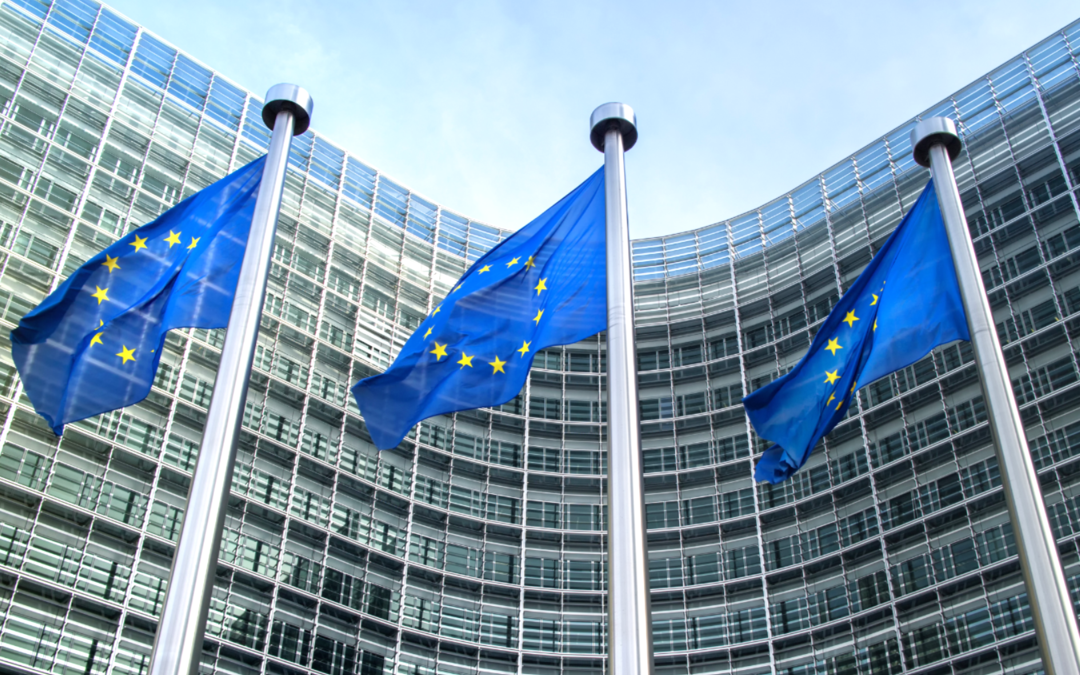EU Parliament Adopts Binding Rules to Slash Food and Textile Waste
The European Union sets 2030 targets to cut food waste and make textile producers pay for recycling under new rules.
The European Parliament on Tuesday gave its final approval to new binding rules aimed at reducing food and textile waste across the bloc, obliging producers to pay for waste management and setting national targets to cut discarded food by 2030.
The legislation requires EU countries to cut food waste by 10 percent in processing and manufacturing and by 30 percent per capita across retail, restaurants, catering and households by the end of 2030, compared with the 2021-23 average.
These measures align with the United Nations Sustainable Development Goal to halve food waste by the end of the decade.
Lawmakers also demanded stronger incentives for donating unsold but safe food to consumers, as households account for more than half of food waste in Europe.
The European Commission has been tasked with monitoring progress through early warning reports and reviewing the targets if needed.
Every year, Europeans generate almost 60 million tonnes of food waste, equivalent to 132 kg per person. Despite earlier EU initiatives, waste levels have not fallen significantly, prompting tougher legislation.
Extended Producer Responsibility for Textiles
Under the new rules, producers of clothing, footwear and household textiles will cover the costs of collection, sorting and recycling under extended producer responsibility schemes to be established by member states within 30 months of the directive’s entry into force.
The obligation will apply equally to EU and non-EU companies selling into the bloc, including through online platforms.
Micro-enterprises will have an additional year to comply, while countries may also choose to set up EPR schemes for mattresses.
The rules are designed to tackle the fast fashion model, which lawmakers say drives overproduction, short product lifespans and mounting waste.
Each European discards about 12 kg of clothing and footwear annually, part of the 12.6 million tonnes of textile waste generated every year in the EU.
Less than 1 percent of textiles are recycled into new products, according to the European Environment Agency.
Tackling Fast Fashion and Boosting Circularity
Member states will have flexibility to design financial contributions under the EPR to address fast fashion and ultra-fast fashion practices.
These may include higher fees for producers offering vast product ranges or frequent new collections.
The directive also encourages investment in fiber-to-fiber recycling and eco-design to ensure durability, repairability and recyclability.
The law is expected to benefit social economy entities, such as charities and cooperatives, which already play a role in textile collection and reuse.
Lawmakers said the measures should help scale up reuse, repair and second-hand markets, creating green jobs and reducing the sector’s environmental footprint.
Next Steps
The legislation will be formally signed by Parliament and Council representatives before publication in the EU’s Official Journal. Member states will then have 20 months to transpose it into national law.
The directive is part of the European Green Deal and Circular Economy Action Plan, which seeks to reduce resource use and emissions in sectors that exert heavy pressure on the environment.
Clothing, footwear and household textiles are among the most resource-intensive consumer products in Europe, while food waste represents a major source of greenhouse gas emissions.
Nirmal Menon
Related posts
Subscribe
Error: Contact form not found.


